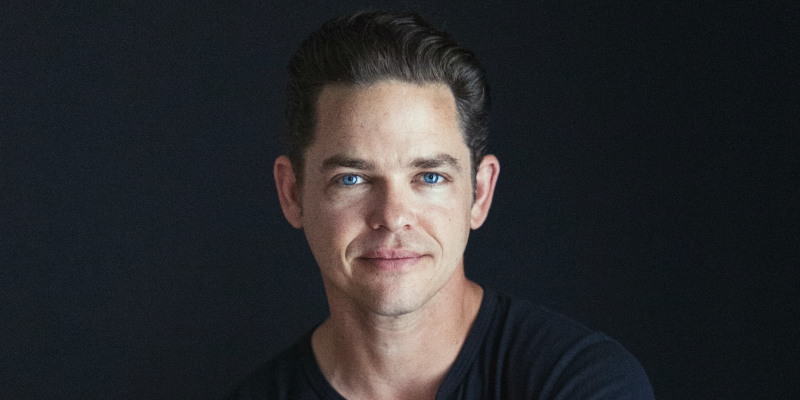By Shayna Mace | Top photo by Bobbie Harte Photography
Your shop Context on King Street has been open for 13 years. How did you get into the retail business?
I worked with [my business partner] Sam Parker at The Great Dane. He and I would sit down quite often and talk about different business ideas. It was pretty obvious that he and I both had the drive and the desire to go into business on our own. We felt like there were a couple ideas that were missing [in Madison], and one we were thinking about [was a] denim shop. I would spend a lot of time visiting friends in New York … and find vintage stores and a couple stores selling new denim made the old-school way, and I got really into it. So we got ourselves really acquainted with the history of denim, and then we went out and found brands that were kind of scattered all over the globe.
The idea from the get-go was to curate a bunch of brands that were really hard to get that were coveted by the online community. As soon as I saw [this] store space, the wheels started turning quickly. I could envision the store layout, and it was the perfect size.
I think a lot of people here aren’t aware of how cutting-edge Context was in scouting little-known, premium denim brands and heritage brands not only in the Madison market, but worldwide.
When we opened it was almost strictly denim—we had 25 denim brands in the first couple years, because that was just exploding at that moment. We came into our own about three years after we opened … we went out and got brands like Engineered Garments, Double RL and brands that were really exclusive. They would only be [carried in] a couple stores in Japan, New York or L.A. So we had to convince some of these brands. Then when we got them all under our roof and that’s when GQ, Esquire and Monocle started featuring us, because there was no store like ours anywhere in the U.S. That’s the truth.
Now that these brands are easier to find and more retailers (and the brands themselves) are online, you’ve evolved your business model.
Along the way we’d do collaborations with our brands. We basically would design something and have a company make it for us, and it was always our biggest success. So now we’re doing more of that—we don’t really carry full collections anymore because people shop differently now. We do really well with Wisconsin-made products because [the brands] are easy to work with and they’re really high quality. So Thorogood boots are our best-selling product right now, and they’re great to work with and they make the best boots. They’ve been making them since 1892 in the same city. That tells you quite a bit about the integrity of that company.
